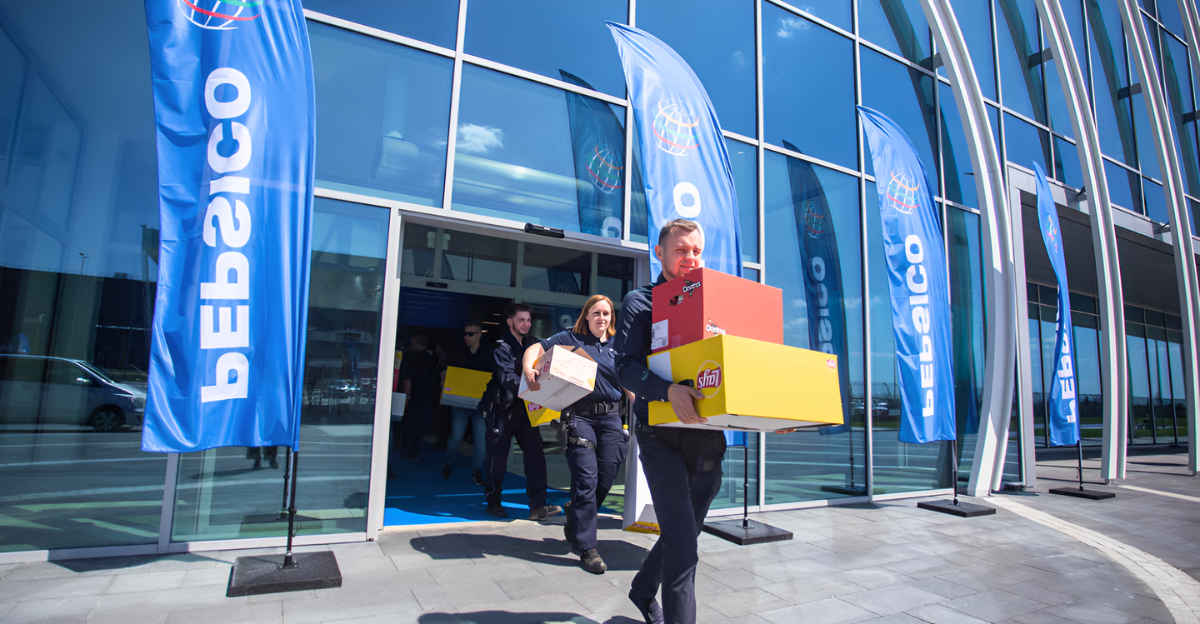
PepsiCo, a giant in American beverages, is sending shockwaves through Detroit’s working class. After 80 years of local production, the company will shutter its facility this September, leaving hundreds of employees uncertain. Workers learned of this abrupt decision through required legal notices, marking the end of a significant chapter that dates back to World War II.
For many, the news has left them questioning their futures and the overall impact on a city that has long relied on the factory as a backbone of its industrial landscape. “It feels surreal for something like this to happen,” remarked a longtime employee.
Jobs on the Brink
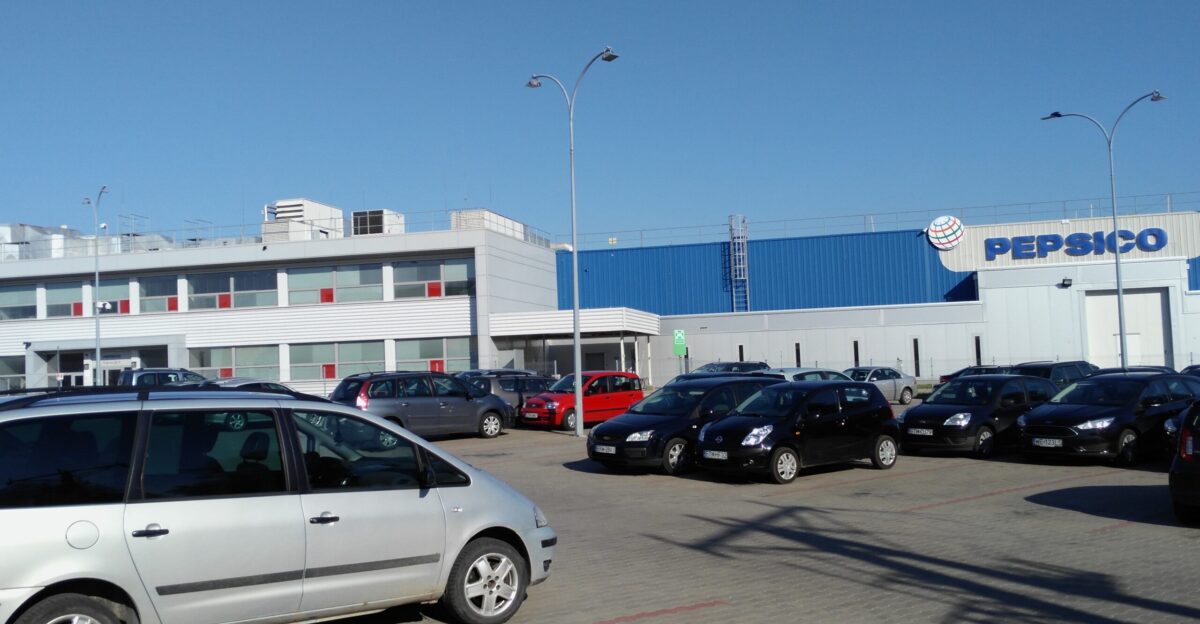
The closure of the Detroit plant has dire implications beyond the immediate loss of 83 skilled manufacturing jobs. Since last October, PepsiCo has shut down four bottling plants across Chicago, Cincinnati, Harrisburg, and Atlanta, affecting dozens and up to a hundred workers at each facility.
As residents put it, the news hit “like a punch in the gut,” emphasizing personal loss and a broader trend affecting the industry. The layoffs now tally over 770 jobs across five states. “We need answers about what’s driving this wave of closures,” lamented a factory worker.
A Shrinking Footprint
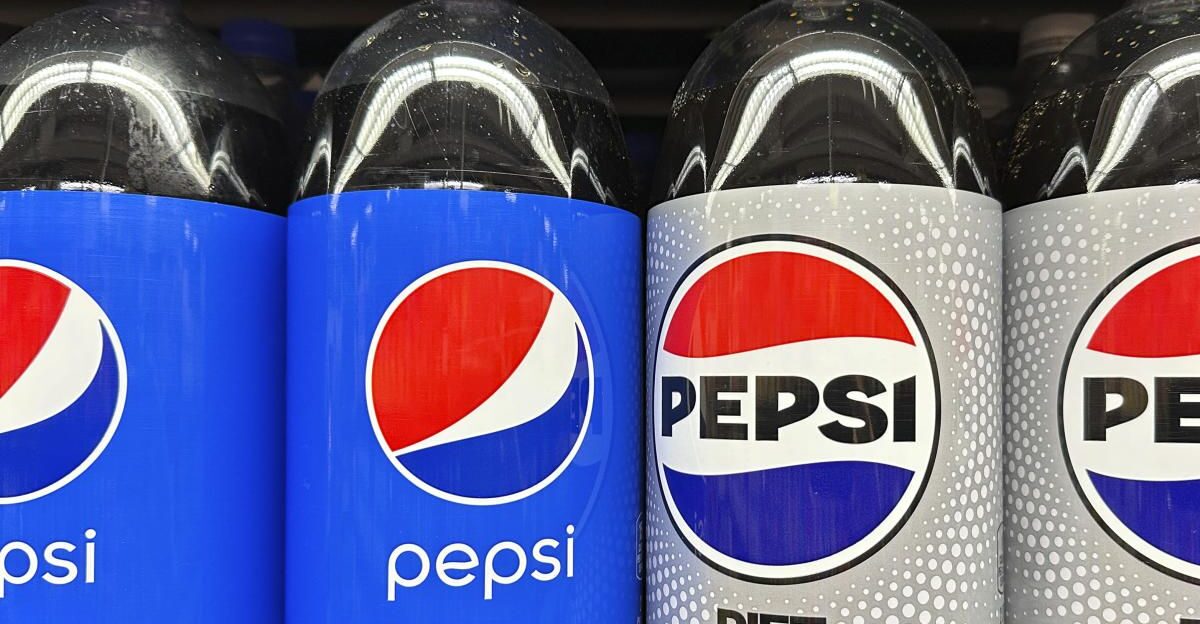
PepsiCo has a history of restructuring, but this wave appears more aggressive than any recent memory. Five beverage plant closures within a year surpass the company’s shutdown rate from the previous decade. Historical trends indicate that the Midwest and Northeast have absorbed the worst impacts, reflecting increasing automation and shifting consumer preferences.
What was once a source of national pride, the sprawling U.S. footprint of PepsiCo, is now notably in decline as operations shrink. “It’s disheartening to see such a legacy falter,” said a local analyst.
Corporate Decisions Behind Closures
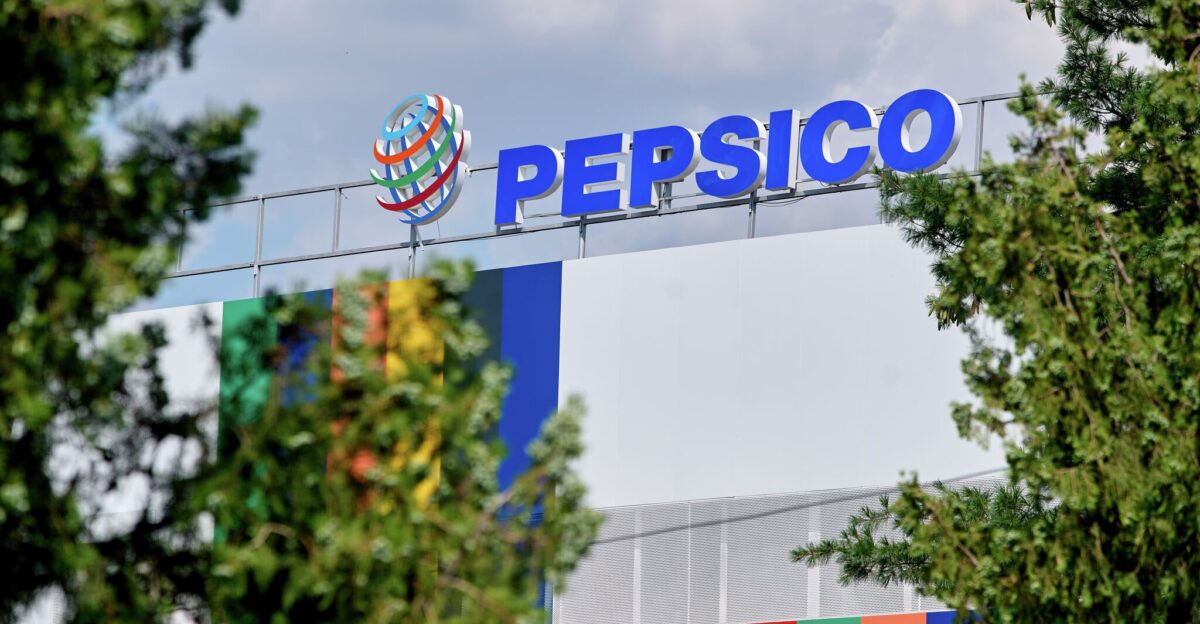
At the heart of this upheaval lies an ongoing quest for efficiency and cost-cutting at PepsiCo. The company’s “One North America” plan, launched in July 2025, aims to integrate its beverage and snack divisions, promising a significant productivity boost.
Yet, this strategy comes amidst ongoing industry price wars and constant pressure from Wall Street, with PepsiCo’s market cap plummeting 16% over the previous year. An internal memo indicated that many “redundant functions” are facing elimination. “We’re all worried our jobs could be next,” expressed a maintenance technician.
The Detroit Closure Announcement
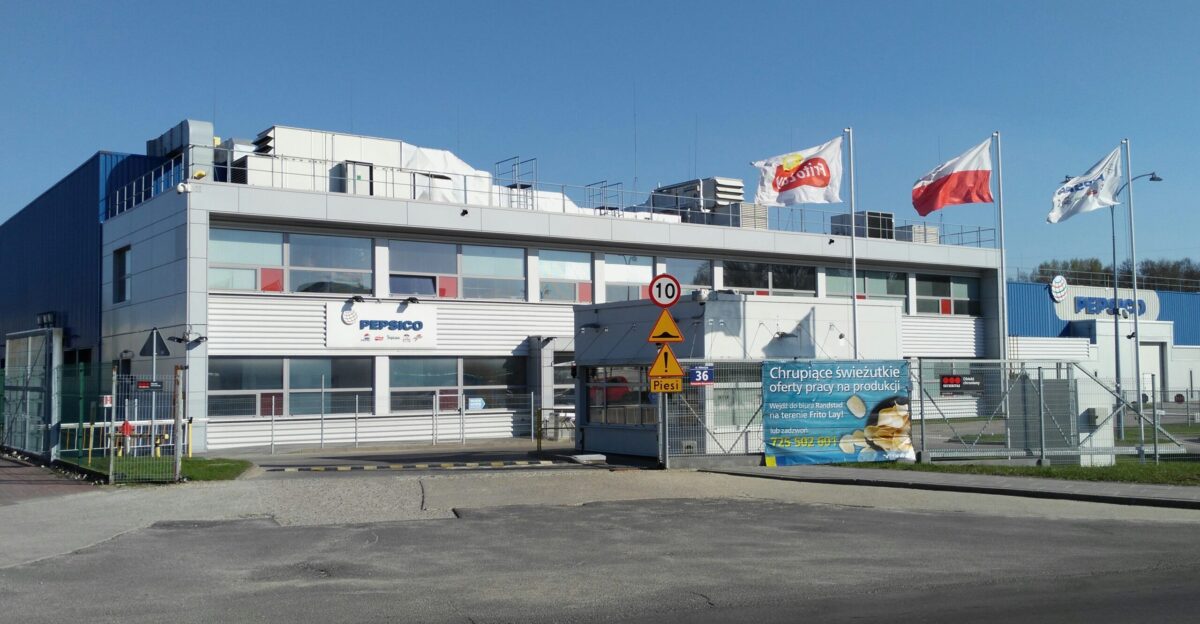
The announcement of the Detroit facility’s closure came in a WARN notice filed on July 21, 2025, signaling the end of all manufacturing, maintenance, and transport operations effective September 27. Employees, mostly full-time staff, received direct notifications, which landed on them like a bombshell.
PepsiCo has pledged to “support those impacted through this transition” by providing severance pay and benefits. However, the scale of these changes within PepsiCo’s U.S. operations has become starkly apparent. “Eighty years of history just feels like it’s gone in an instant,” reflected a lifelong worker at the plant.
Local Economic Impact
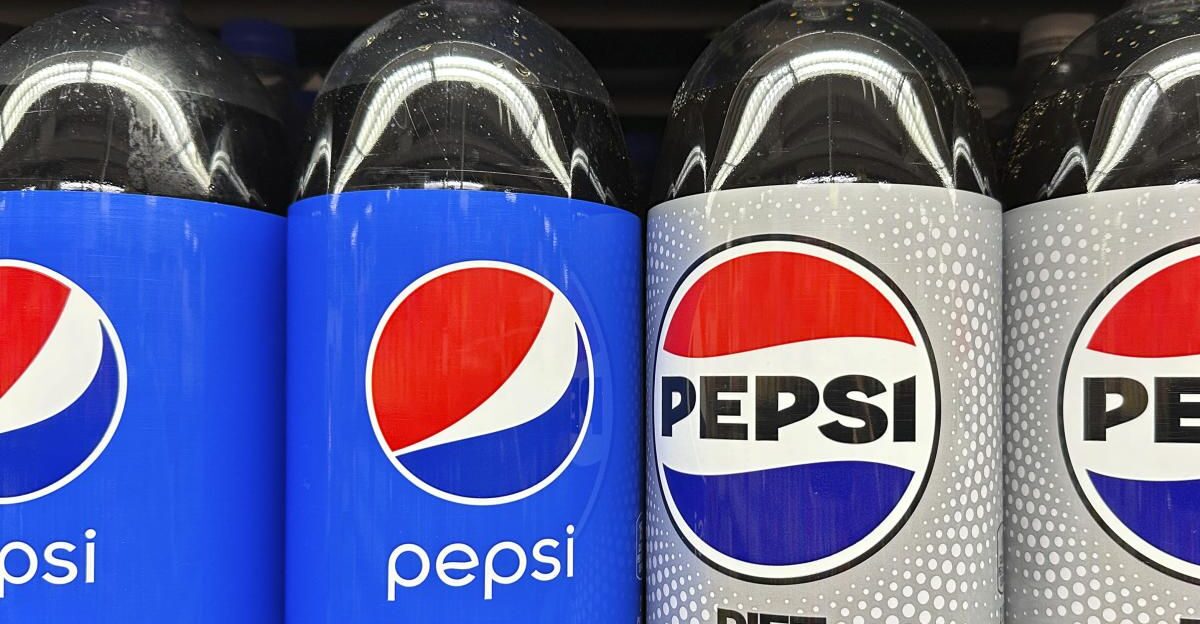
For Detroit, the factory’s closure resonates far beyond lost jobs. The facility has played a central role in a broader local ecosystem, supporting trucking companies that supplied syrup and bottle caps and maintenance firms that serviced machines.
Officials project a staggering loss of about $50 million in annual local purchasing due to the shutdown, raising serious concerns about payroll tax revenue declines that could threaten public services and community initiatives funded by PepsiCo. “This is a blow to our community,” a city official stated, highlighting the gravity of the economic fallout.
Perspectives from the Workforce

Employees described the closure notification as devastating. “It felt like a rug being pulled out from under us,” recounted Tony Mitchell, a veteran maintenance technician. Many workers, some with decades of service at the plant, now confront uncertainties that affect them, their families, and the community.
Numerous union members voiced their frustration, recalling stability promises made during past corporate visits. “We’re left to wonder about our future and the city’s future,” said another employee, voicing widespread anxiety.
Competitors Ready to Capitalize
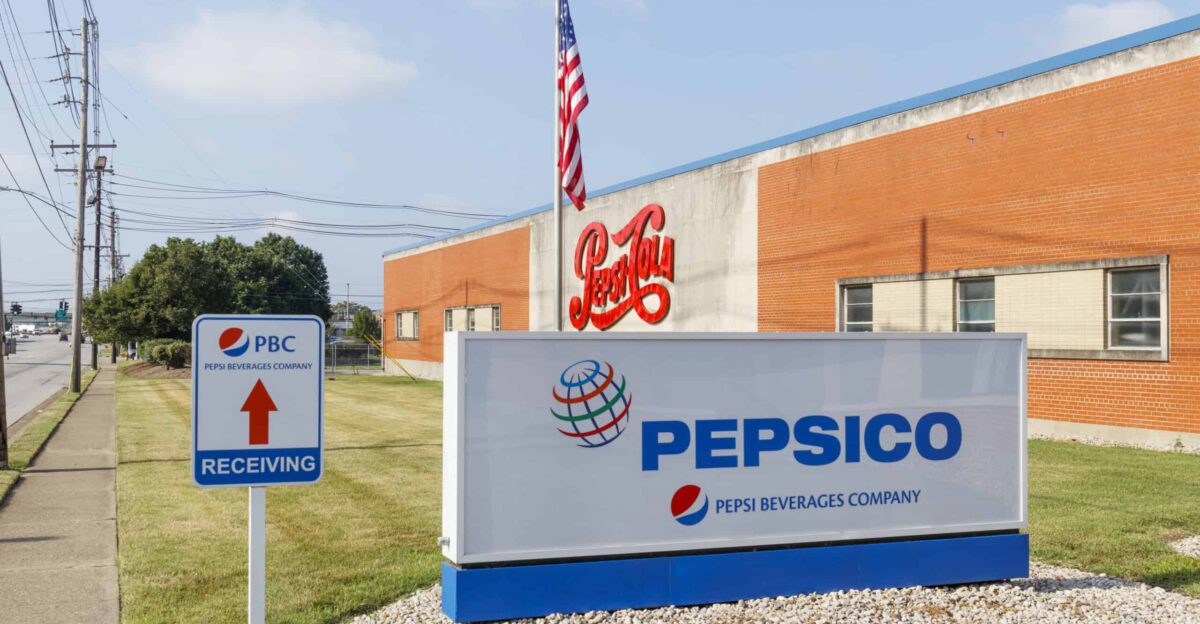
As PepsiCo pulls back, competitors are poised to seize the opportunity. Initial reports indicate that Coca-Cola has already gained 1.2 percentage points in the U.S. carbonated soft drink market year-to-date, capitalizing on the vacuum left by PepsiCo’s retrenchment.
With the holiday season approaching and PepsiCo’s market share diminishing, industry analysts expect Coca-Cola and various private-label brands to solidify their lead in critical regional markets. “It’s a race to fill the shelves, and PepsiCo’s struggle is giving others a chance to shine,” noted a retail analyst.
A Ripple Effect on Local Jobs

The closure of the Detroit facility represents a broader trend impacting American workers. Frito-Lay, a subsidiary of PepsiCo, has also announced 287 job cuts at its PopCorners facility in Liberty, NY, further corroborating this unsettling pattern of layoffs across the sector.
Since last fall, it’s become evident that these closures aren’t simple adjustments but a broader strategy reacting to shifting market dynamics. “These job losses are systemic, affecting many families and communities,” remarked an industry expert, emphasizing the wider implications.
A New Era for Legacy Brands
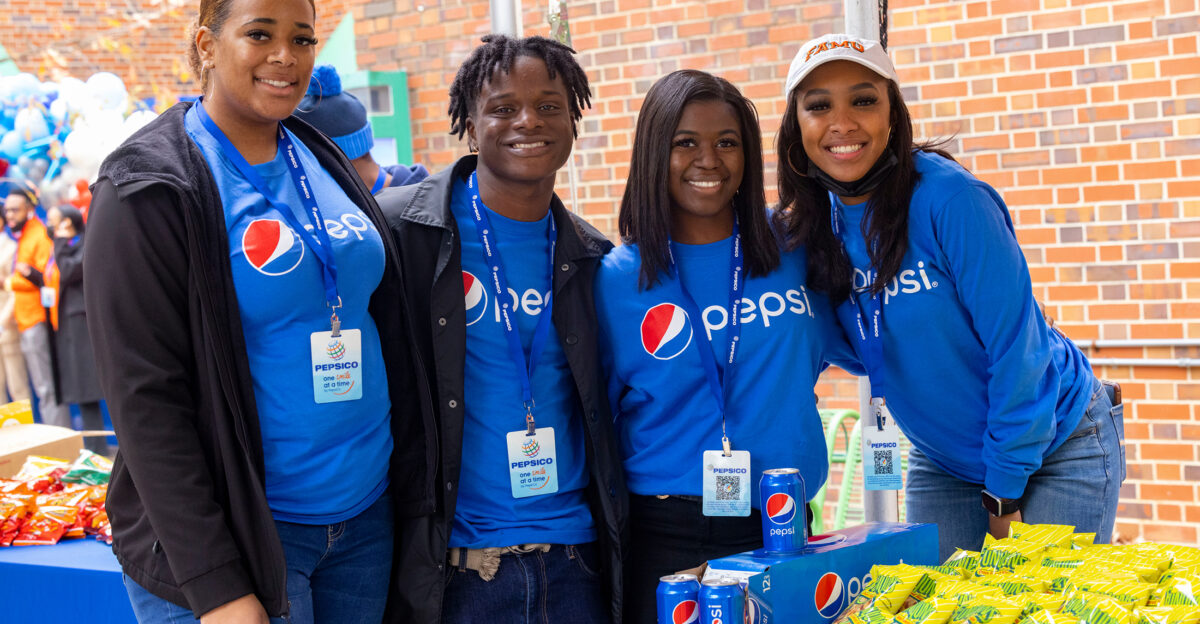
What remains to be seen is whether this wave of closures signals a lasting shift for legacy brands like PepsiCo. The landscape of American manufacturing is evolving, with increasing demands for efficiency colliding with traditional employment models.
PepsiCo’s recent shutdowns may indicate that this restructuring is now the norm rather than an anomaly. “This isn’t just about Pepsi; it’s about how we approach manufacturing in a changing world,” stated a market analyst, suggesting the need for new strategies in a challenging economic climate.
Community Resilience in Response

As uncertainty looms, the community has begun to rally around affected workers. Local organizations and advocacy groups have set up resources to assist those who have lost their jobs. Workshops focusing on resume building and job placement are being organized to provide immediate support.
“We can’t change what happened, but we can help people find their footing again,” said a representative from a Detroit employment agency. The community’s resilience shines as people come together to navigate this difficult transitional phase.
Looking Forward: The Role of Automation
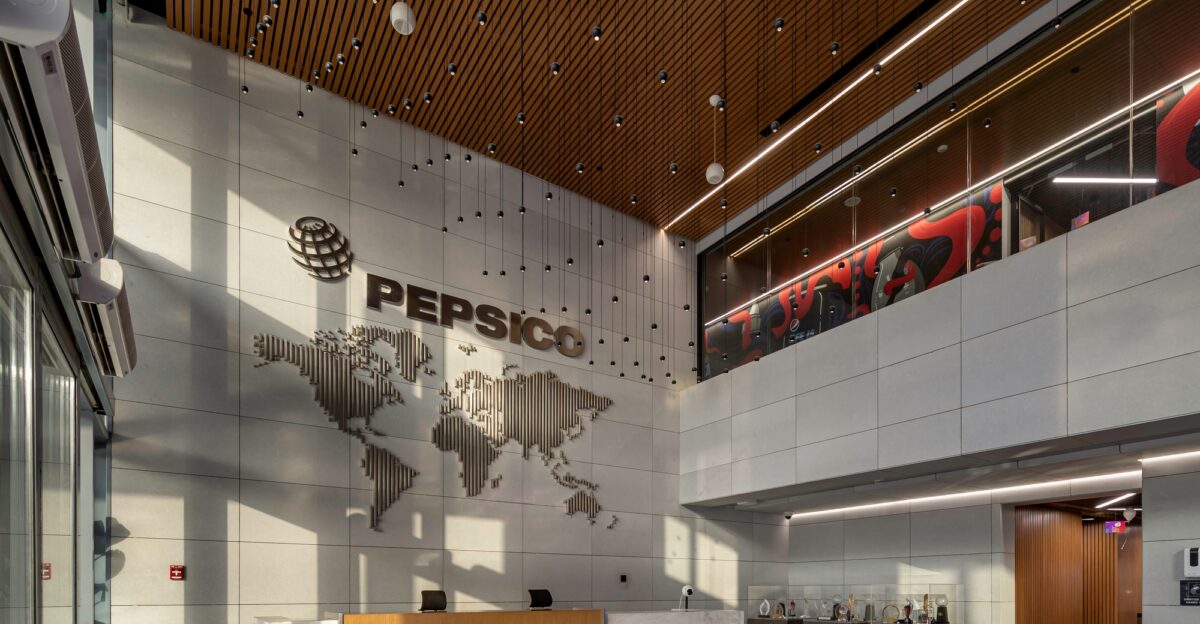
PepsiCo’s strategy of cutting jobs in favor of automation evokes a larger conversation about the future of work. While automation may increase production efficiency, it raises critical questions about employment stability for skilled workers.
“Automation can make us faster, but it should not come at the cost of livelihoods,” commented a labor activist. This confrontation between technology and human labor underscores the fragile balance many companies must navigate to survive and thrive.
The Path Ahead for PepsiCo
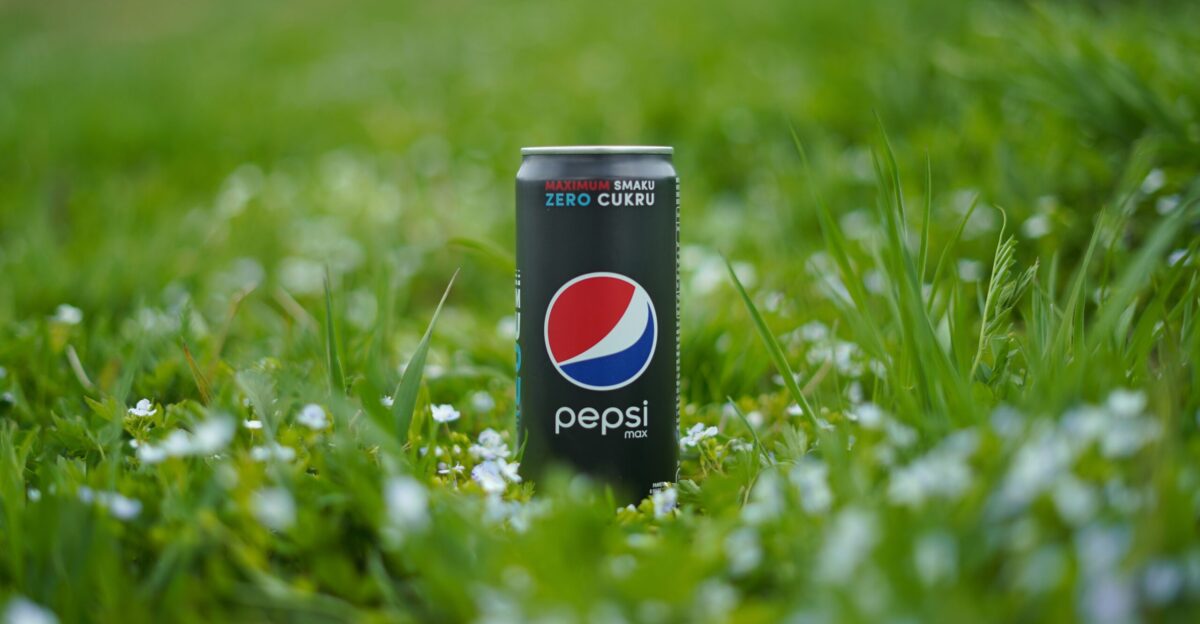
What does the future hold for PepsiCo as it wades through this critical transition? Company leadership must recalibrate its strategies to align with evolving consumer preferences while addressing the fallout from recent closures.
A renewed focus on sustainable practices, engaging with local communities more transparently, and investing in workforce development may prove key to rebuilding trust and stabilizing operations. “It’s about more than just profit; it’s about people,” a corporate ethics expert emphasized, shedding light on how a more holistic approach might benefit PepsiCo in the long run.
Signs of Change in the Beverage Industry
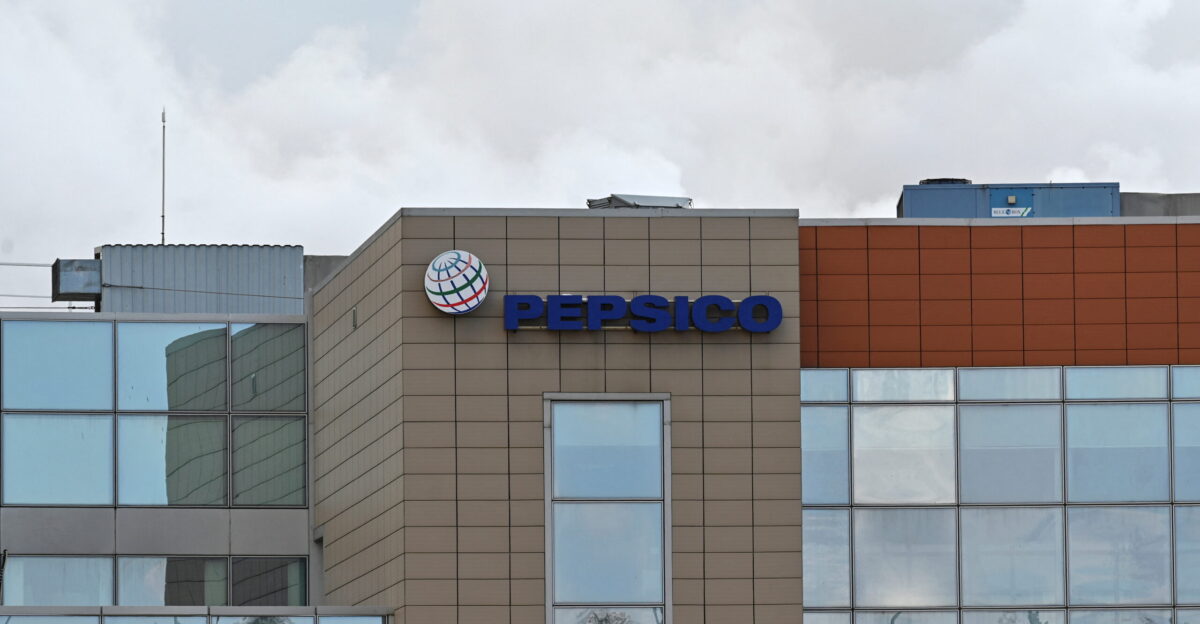
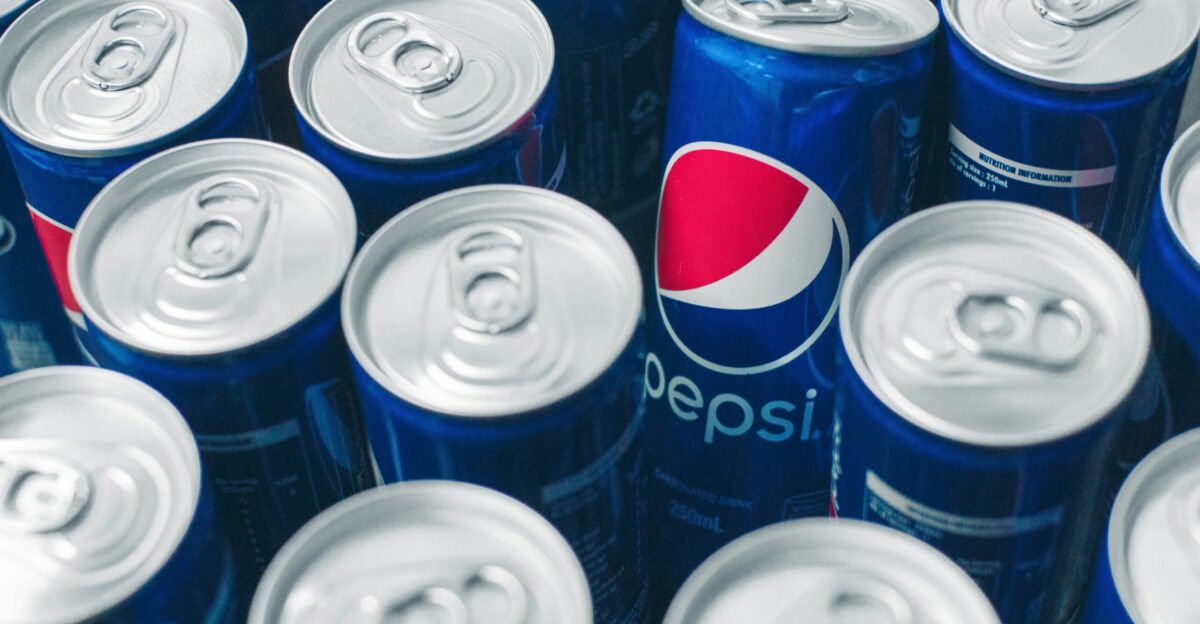
The beverage industry is at a crossroads, forcing companies to adapt more rapidly than ever. This landscape includes shifting consumer preferences toward healthier options, integrating new technologies, and an increasing emphasis on sustainability.
Analysts suggest that only those companies willing to embrace innovative strategies while being sensitive to workforce needs will thrive in the coming years. “This shift could redefine the next era of beverage production,” an industry veteran remarked, conceptualizing a potential reimagining of how these brands operate.
Final Thoughts on a Changing Landscape
As the saga of PepsiCo unfolds in Detroit, the broader implications for American manufacturing and community stability are precise. The ripple effects from the closure extend far beyond the walls of one factory, affecting workers, families, and the local economy.
The collective call for a balanced approach to efficiency and human impact is resonating loudly. “The future may be uncertain, but we must advocate for ourselves and our neighbors,” concluded a local worker with deep ties to the closing plant. The challenge remains to navigate this ever-evolving landscape with hope and resilience.
